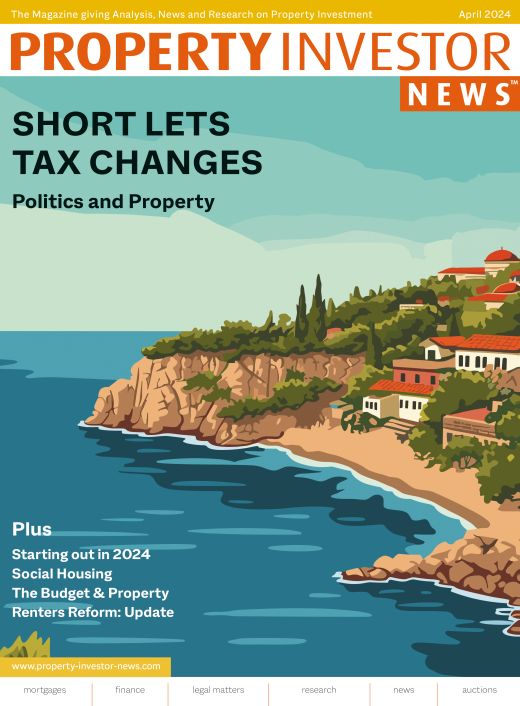Investment activity in Central Europe more than doubled in 2011 to €6.1bn, up from the €2.9bn recorded in 2010, which was invested in the core markets of Poland, Czech, Slovakia, Hungary and Romania according to Cushman & Wakefield.
Poland continues to lead the region with transactions amounting to €2.58bn but the Czech Republic experienced the largest increase in transaction volumes year on year, increasing from €479m in 2010 to €2.2bn in 2011. Hungarian investment volumes increased from €240m to €728m, Romania saw volumes increase slightly from €241m to €320m, whilst Slovakia saw a significant increase as €263m was transacted in 2011, up from just €53m the previous year.
Charles Taylor, partner at Cushman & Wakefield, said: "Most CE markets in 2011 experienced a significant increase in activity due to much improved investor appetite and a reasonable supply of quality assets. Moving into 2012, we see increased disparity across the region in terms of property market fundamentals and importantly, a widening gap in investor confidence. Given the more difficult financing environment, we dont expect 2012 volumes to match the previous years; our forecast is around €5bn."
Transaction volumes in Central Europe had been expected to exceed €6bn in 2011 following a strong performance in Q1 and especially Q3, however, momentum was lost in Q4 as investors assessed the market turmoil that returned to the Eurozone, and bank lending slowed.
Charles Taylor continued: "Investor sentiment remains positive for Poland and the Czech Republic but everyone is looking hard at Hungary to see if it will be the next EU domino to fall and if it does, whether it takes others in CEE countries down with it or instead turns the pressure up on western markets like Austria and Greece whos banks are heavily exposed to the region. The Hungarian government has not gained many plaudits for its handling of the situation but with the IMF coming back to the table, there is some hope that a credible austerity and financing plan will soon be in place allowing the Hungarian property market to once more focus on local supply and demand issues and possibly to benefit then from the yield premium it offers versus its neighbours."
The monthly magazine providing news analysis and professional research for the discerning private
investor/landlord
























